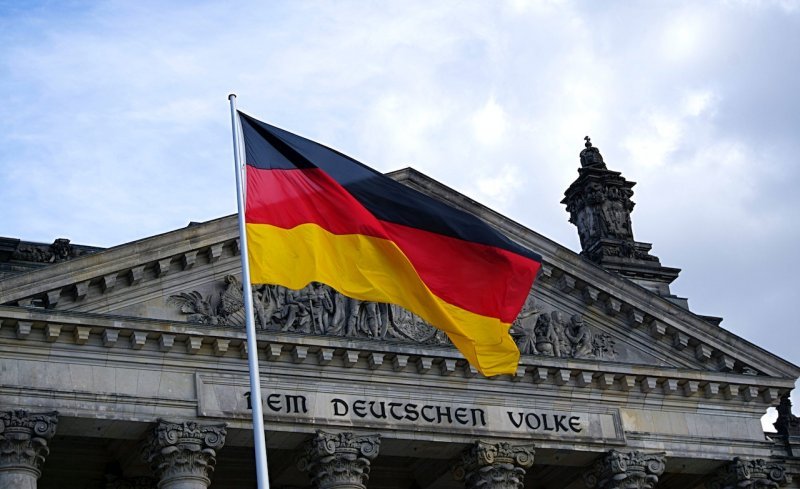DSWV Demands Tougher Action Against Black Market After Match-Fixing Allegations
The German Sports Betting Association (DSWV) is calling for stronger action against black market betting operators following match-fixing suspicions in lower league football. While no evidence has been found by licensed betting providers, concerns about the black market’s role in compromising sports integrity remain.

Black Market Betting and Match-Fixing Allegations
German police are investigating match-fixing in amateur football with claims that up to 17 matches from 3rd division to regional competitions were sold on the dark web.
Although DSWV president Mathias Dahms said no direct evidence of match-fixing has been found by legal betting operators, he pointed out the black market problem. “The problem lies more in the black market, where such offers continue to exist,” he said at the Sports Committee of the German Bundestag.
Dahms noticed licensed betting providers in Germany are not allowed to offer bets on amateur leagues so they can’t monitor suspicious activities in these competitions. He estimates 30% of the German sports betting market is still unregulated despite GGL’s efforts.
Illegal betting platforms which sponsor international events and use cryptocurrencies to avoid state control are a big problem. Dahms explained that “due to their lack of transparency, it cannot be ruled out that such illegal offers will also be misused for match manipulation.”
Germany Ready to Fight Match-Fixing
While expressing black market concerns, Dahms also said Germany has learned from past experiences like the 2005 Hoyzer scandal where a referee was convicted for match-fixing. Since then Germany has introduced various measures to combat match manipulation, the Interstate Treaty on Gambling and specific paragraphs in the criminal code.
A multi-stakeholder approach is in place to fight match-fixing. The National Platform to Combat the Manipulation of Sports Competitions led by the Federal Ministry of the Interior brings together sports organisations, licensed betting providers, regulators and law enforcement agencies.
This collaboration allows for the exchange of information to detect and prevent match-fixing. “There is no regulatory deficit,” the DSWV stated, reinforcing Germany’s preparedness in this area.
Although this is the case, Dahms said the risk of match-fixing can’t be ruled out. He highlighted that every case must be investigated thoroughly and stronger action against illegal operators is necessary to protect sports.
